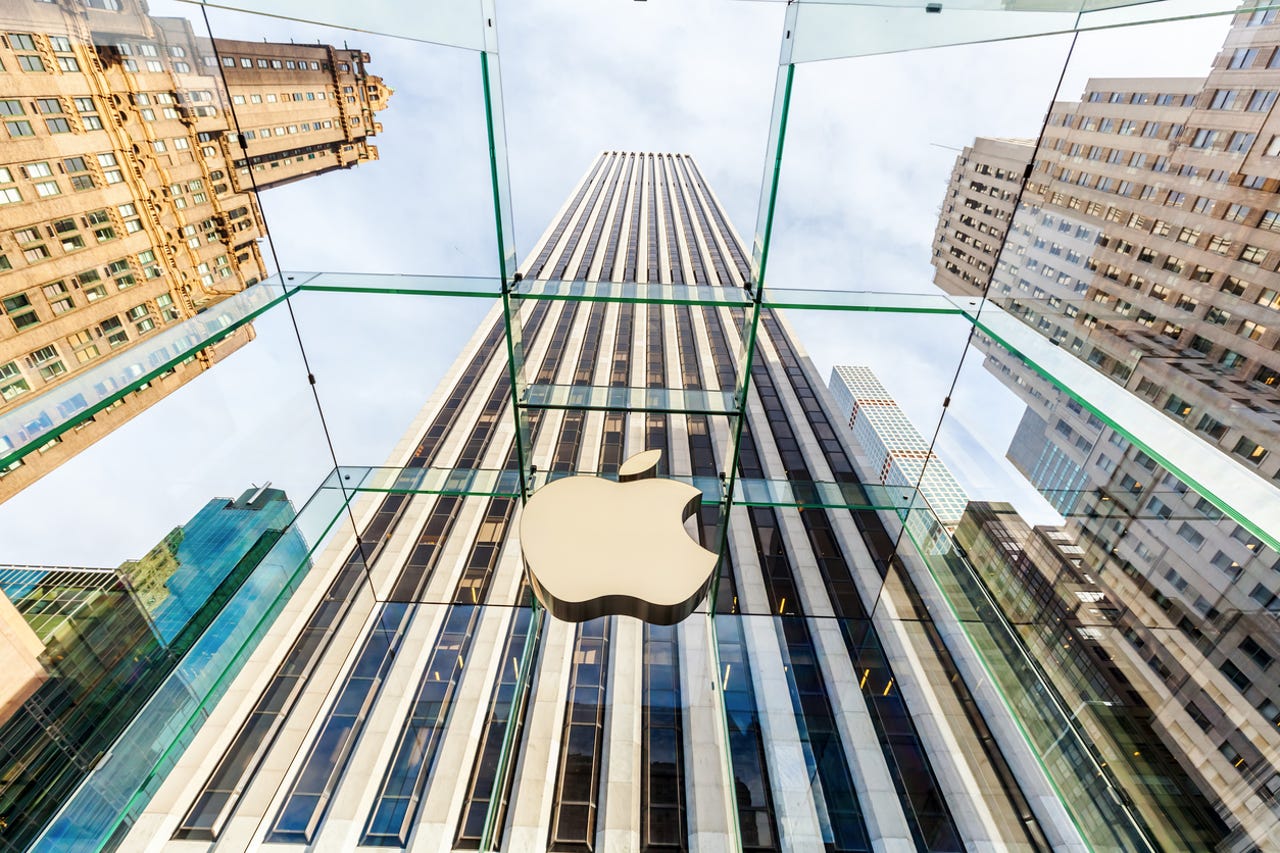FBI criticizes Apple for not helping crack Pensacola shooter's iPhones


In a press conference today in Washington, the Justice Department announced that FBI technicians managed to crack and gain access to two locked iPhones belonging to the Pensacola naval airbase shooter.
During the conference, FBI Director Chris Wray criticized Apple for not helping its investigators in unlocking the two devices. Wray said the entire process of cracking the terrorist's two iPhones took four months and "large sums of taxpayer dollars."
The DOJ said that following the FBI's success, they were able to link Mohammed Saeed Alshamrani, the Pensacola shooter, to an Al Qaeda branch active in the Arabian Peninsula.
Alshamrani killed three US soldiers and wounded eight others on December 6, 2019, at the Pensacola Naval Air Station, before being killed by local sheriff deputies.
"We now have a clearer understanding of Alshamrani's associations and activities in the years, months, and days leading up to the attack," Attorney General William P. Barr said today.
A counterterrorism operation targeting one of Ashamrani's partners was launched following the FBI's breakthrough, Barr said.
FBI director criticizes Apple, pushes for encryption backdoors
However, FBI Director Wray said the investigation could have advanced sooner if Apple had helped the FBI's technicians. Wray said that despite public pleas from both President Trump and the Attorney General Barr, Apple did not cooperate in the investigation.
"Apple made a business and marketing decision to design its phones in such a way that only the user can unlock the contents no matter the circumstances. [...] Apple's desire to provide privacy for its customers is understandable, but not at all costs," Wray said.
The FBI director said he believed that "technology companies are capable of building secure products that protect user information and, at the same time, allow for law enforcement access when permitted by a judge."
The FBI director also criticized "technology companies that advocate most loudly for warrant-proof encryption" as being hypocrites for "willing to accommodate authoritarian regimes when it serves their business interests."
"For example, it has been widely reported that Apple has worked with both the Communist Party of China and the Russian regime to relocate data centers to enable bulk surveillance by those governments," Wray said. "Apple also has reportedly disabled features and applications on iPhones used by pro-democracy advocates, thereby facilitating censorship and oppression."
Wray argued that if Apple was willing to help authoritarian regimes, then it should have no problem helping "rule-of-law nations."
Apple disputed the "not helping" argument in January
However, Apple disputed the assessment that it was not helping already. Back in January, Apple said they responded to the FBI's request within hours of the shooting, handing over gigabytes of information to the investigators.
All in all, this might be another power-play from the DOJ's side in its fight against US companies opposing its demand for a lawful backdoor in their products.
The DOJ and the FBI have been asking US tech companies for an encryption backdoor since the 2015 San Bernardino shooting, despite having products at its disposal that could crack the encryption of iPhone devices.